Aesthetics of Senescence, The: Aging, Population, and the Nineteenth-Century British Novel (SUNY series, Studies in the Long Nineteenth Century) PAPERBACK 2021 BY Andrea Charise
PAPERBACK
[242 PAGES]
PUB: January 02, 2021
Description
The Aesthetics of Senescence investigates how chronological age has come to possess far-reaching ideological, ethical, and aesthetic implications, both in the past and present. Andrea Charise argues that authors of the nineteenth century used the imaginative resources of literature to engage with an unprecedented climate of crisis associated with growing old. Marshalling a great variety of canonical authors including William Godwin, Mary Shelley, George Eliot, Anthony Trollope, and George Gissing, as well as less familiar writings by George Henry Lewes, Christoph Wilhelm Hufeland, Agnes Strickland, and Max Nordau, Charise demonstrates why the imaginative capacity of writing became an interdisciplinary crucible for testing what it meant to grow old at a time of profound cultural upheaval. Charise’s grounding in medicine, political history, literature, and genre offers a fresh, original, thoroughly interdisciplinary analysis of nineteenth-century aging and age theory, as well as new insights into the rise of the novel-a genre usually thought of as affiliated almost entirely with the young or middle-aged.


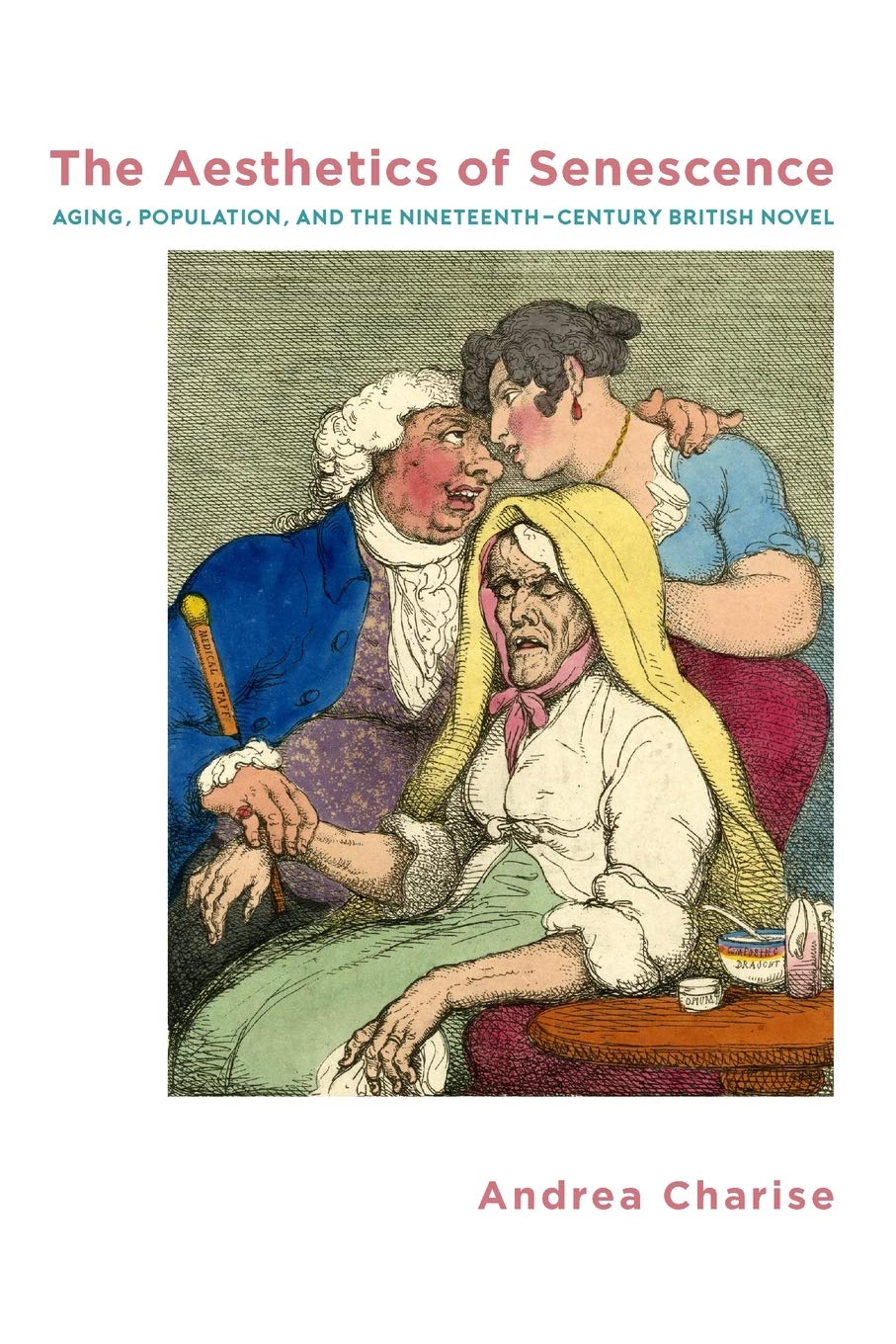
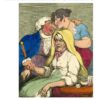
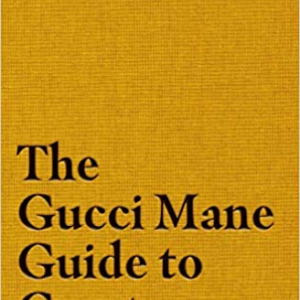

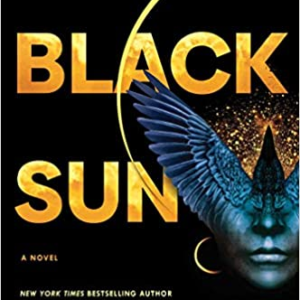

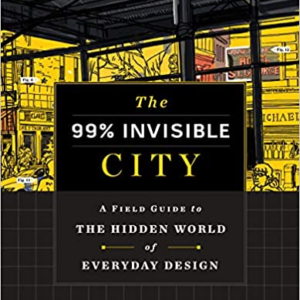


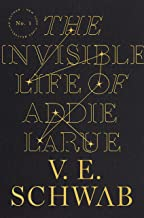

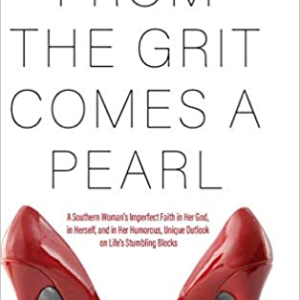
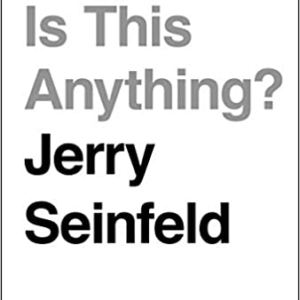
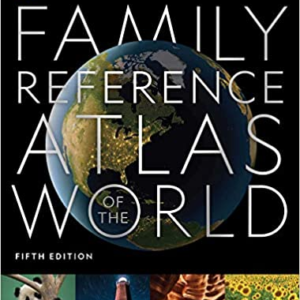

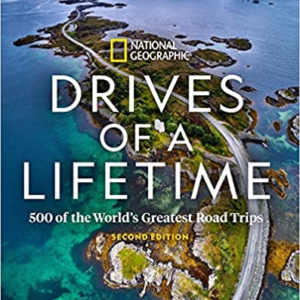



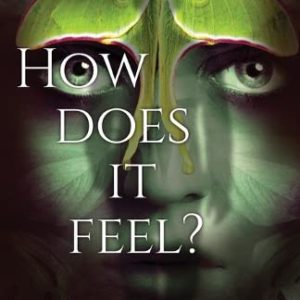


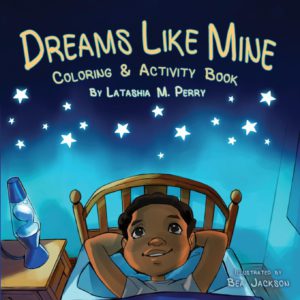





There are no reviews yet.